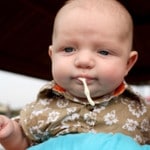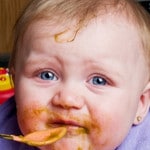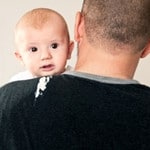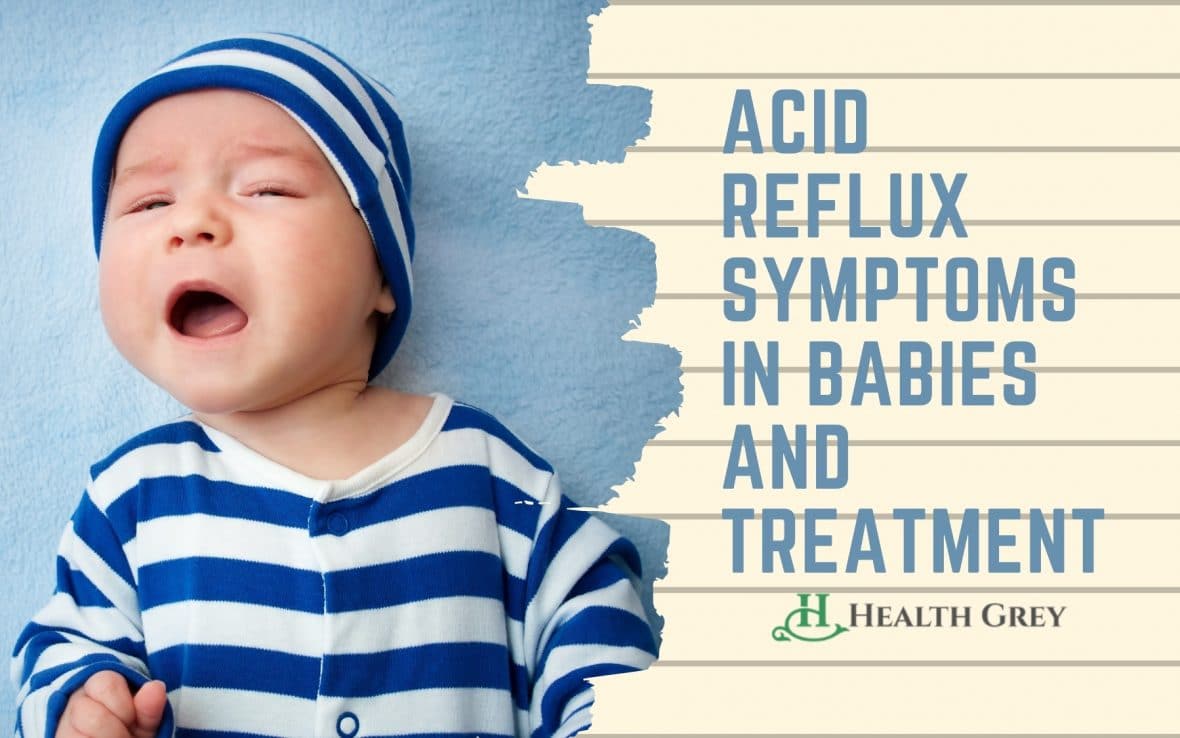Why does acid reflux in babies symptoms and treatment? Reflux occurs when a baby vomits or brings up milk during or immediately after a feed. It’s rather common, and it normally improves on its own. After a meal, it’s typical for newborns to vomit up. Gastroesophageal reflux, or GER, is the term for that tiny spit. However, regular vomiting accompanied by discomfort, trouble eating, or weight loss might result from a more serious condition known as GERD (gastroesophageal reflux disease). Both GER and GERD can cause stomach contents, including acid, to rise the esophagus and occasionally into or out of the mouth. Frequently, the vomiting is repeated. The severity and long-term consequences of the two diseases vary significantly.
Symptoms of acid reflux in babies:

- Vomiting and spitting up

Spitting up is a common occurrence in newborns. Forceful spit-up, on the other hand, might be a sign of GERD. It is especially true if your child is beyond 12 months old and continues spitting up aggressively after meals. Spitting up blood, green or yellow fluid, or a material that resembles coffee grounds might indicate GERD or other more serious conditions.
- irritation while feeding

Screaming may occur during feeding in infants with GERD. The reaction is generally triggered by stomach pain or esophageal irritation.
- wet burps or hiccups

When newborns burps or hiccups, they spit up fluids, known as a wet burp or wet hiccup. It is a sign of acid reflux or, less frequently, GERD.
- reluctance to eat and difficulties eating or swallowing

If your baby is in pain when eating, they may refuse to eat. The discomfort that happens when the stomach contents rise back up into their esophagus might be the cause of their suffering.
- abnormal arching
During or after eating, infants may arch their backs. It is linked to a severe burning feeling induced by stomach fluid accumulation in the esophagus. It’s possible that abnormal arching is a neurological issue in and of itself. If your infant also spits up or refuses to eat, it might be a sign of GERD.
- Coughing or recurrent pneumonia
Due to acid or food becoming stuck in the back of your infant’s throat, they may cough often. Food that has been regurgitated can be inhaled into the lungs and windpipe, causing chemical or bacterial pneumonia. Asthma and other respiratory issues can also develop as a result of GERD.
Check out this article to learn more about what causes tightness in the upper stomach and how to treat it
What Causes GERD in Children and Babies?

An uncoordinated gastrointestinal system usually causes reflux in infants. Many infants with GERD are somewhat healthy; however, some newborns may experience nerve, brain, or muscle issues resulting from their GERD. According to the National Digestive Diseases Information Clearinghouse, a child’s underdeveloped digestive system is typically a cause, and most newborns outgrow the ailment before their first birthday.
The reasons for GERD in older children are typically the same as in adults. If a kid has had GERD as a newborn, they are at a higher risk as an adult. Obesity, overeating, eating spicy or fried meals, drinking coffee, carbonation, and certain medicines are all possible causes of GERD. GERD appears to have a hereditary component since it occurs more frequently in certain families than others.
Treatment of acid reflux in babies:

A doctor or a specialist may recommend some reflux treatments. If you are formula-feeding your infant, you may be given:
- a thickening powder that is combined with the formula
- formula milk that has already been thickened
If the thickening powder does not work or your baby is breastfed, a doctor or specialist may prescribe medications to reduce the amount of acid produced by your baby’s stomach. Surgery to strengthen the muscles and prevent food or milk from traveling back up may be required in very rare situations. It is typically only done after they have exhausted all other options or if their reflux is severe.




